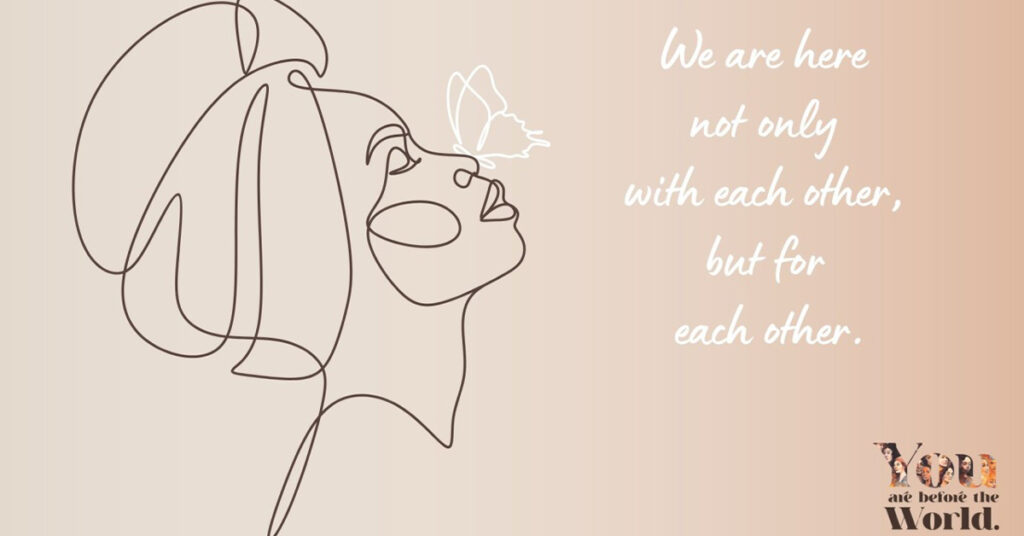A few years ago, a young man I’d never met asked me for help. He was looking for a bridge to his next opportunity and wasn’t sure how to navigate toward it. I told him I was happy to hop on the phone to provide insight, if indeed I had anything useful to share. We scheduled a call. After about thirty minutes, I agreed to pass along his information to my husband, who knew more about his area of expertise than I did. The day after, I told John about him, but it was the end of the quarter, which is always a busy time.
A couple weeks later, I opened LinkedIn messaging to find a seething note from the young man that was filled with wild accusations:
“You pretend to be helpful, but you’re just like everyone else.”
“You agreed to make a connection, and you didn’t keep your promise.”
“You shouldn’t say you’ll do things you don’t intend to do.”
During our call, he’d been nice enough to respond to a few technical questions I had, but the “help” he’d offered became the basis for his righteous indignation.
When I began reading his passionate diatribe, I was confused. When I finished, I was irate. Who did he think he was talking to? This man didn’t know me. We had no preexisting relationship. I said I’d pass along his contact information, and I did. I can’t control what someone else does with information I share. His message was rife with entitlement and disrespect. I didn’t respond. Instead, I deleted his message and blocked him.
Since that unfortunate encounter, hundreds more requests have found their way to my inbox. Some are easy, like a warm intro. Others are far more involved, like asking me to speak or teach as a favor. But whether the ask is big or small, my helping philosophy is consistent: I will help if and when I can…and want to.
I like to help, but I do believe it’s important for both parties to be clear about what help means. Help is voluntary. It is an act of generosity. It doesn’t guarantee a specific outcome. It’s not something we can demand from another person, or dictate with exactness. If it’s offered and doesn’t come, or doesn’t come exactly when and how we want it, we should not assume malice or disregard. People are often minding the business that pays them.
That said, if I choose to help, I try to make sure it’s “good help.”
In my mind, good help is relevant, responsive, and freely given. When I say relevant, I mean useful. If someone needs food and I offer them a t-shirt, that’s not relevant help. When I say responsive, I mean timely, clear, and communicative. If I offer to help within a certain timeframe, and months go by without word, that’s not good help. And when I say freely given, I mean help that is offered with an open heart…without resentment or guilt or annoyance. These days, if someone asks for my help, and I can’t meet this criteria, the answer is no, or not now.
In this era when so many are losing so much—livelihoods, health, a sense of safety—I think it’s important to remember this: we are here not only with each other, but for each other. No person who has achieved their own definition of greatness did so alone. People need people. Sometimes, you are the person who needs. Other times, you’re the one who is needed.
As for me, I’m here to help if and when I can. (And want to.)
Tara Jaye Frank
